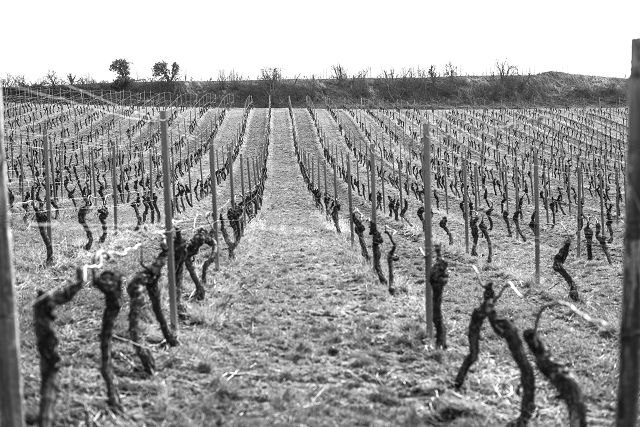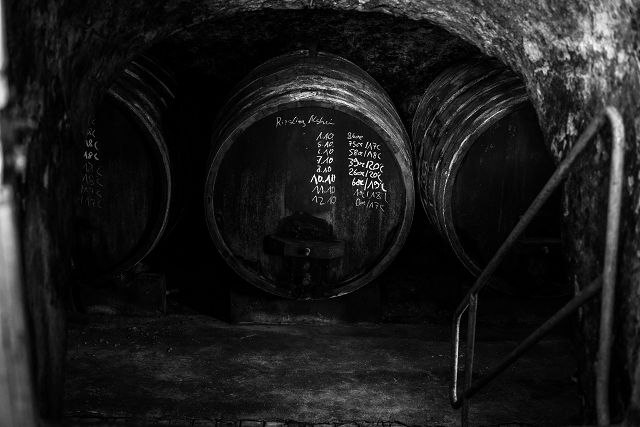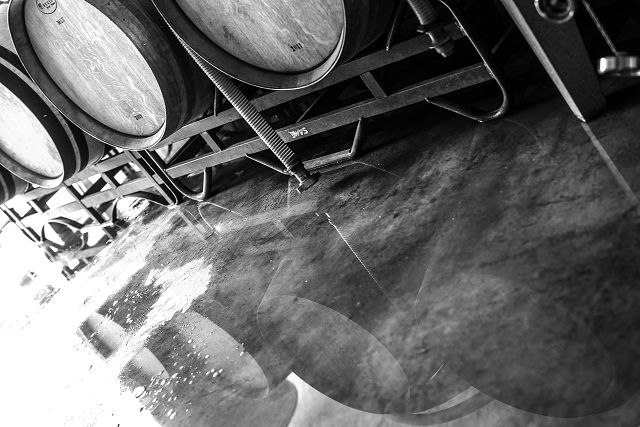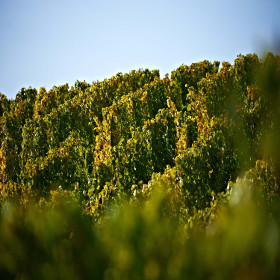Winery Brandt
Our family-run winery is located in Dittelsheim-Hessloch, a wine-growing community in the southern Wonnegau.
Currently we manage 10 hectares of vineyards, which spreads over the wine-growing communities Hessloch, Bechtheim, Alsheim and Guntersblum.
Our most important vineyards include the Hesslocher Mondschein, Bechtheimer Hasensprung and Bechtheimer Stein.
The limestone is the defining element of our vineyard soils.
Our vines are rooted in this rock and later create distinctive, authentic wines.
We understand our work in the vineyard as a craft. Each parcel needs to be considered individually in order to be able to fully understand the microclimate and reactions of the grapevine.
In several harvests our vineyards are harvested separately and selectively.
Of course, this type of harvest is the most time-consuming, but this is the only way to guarantee that grapes will find their way into the cellar at the optimum time.
For us, a wine must give a clear impression of the vintage.
The roughness of nature, the heat of summer, the cold of winter in connection with our daily work in the vineyard must be tasty.
On the estate English and German are spoken.












